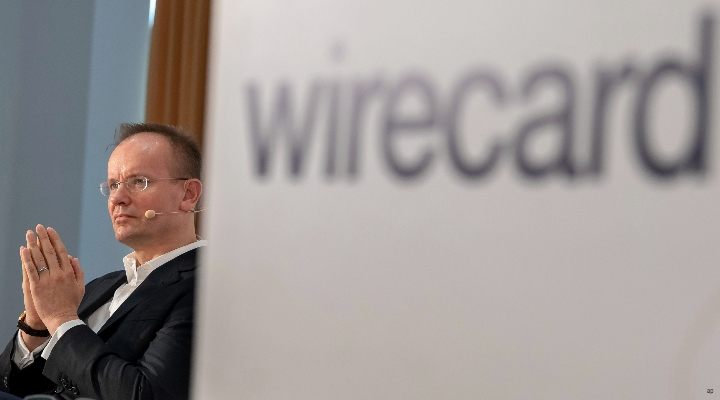
Nobody will have envied Jeremy Hunt as he stood up at the dispatch box to a broadside of questions from both benches in the House of Commons on Monday, but once the main segment of his address was over – and any meaningfully non-sycophantic questions answered – he said something that will be a familiar refrain to anyone interested in UK PLC.
Responding to a question over the UK defence sector, Hunt said this: "We’ve got an issue in that we need our companies to invest in R&D."
"We’ve got a fantastic opportunity to be the world’s next Silicon Valley, with all the potential of our great universities and incredible levels of innovation. But I absolutely think there is more we can do," he said.
Things have moved on (somewhat) since he said those words, but the point remains. The lack of a listed mega success story in the UK equity markets is a continual thorn in the side for our country. The UK has hosted initially successful listings in the past few years, but with apparent innovation also came longer-term disappointment.
We’ve written about the main two case studies a lot. Shares in retail darling The Hut Group (THG) are now down more than 93% on their January 2021 floatation.
The pain at food delivery giant Deliveroo (ROO) isn’t quite as pronounced, but it’s not exactly a get-the-champagne bonanza. Its shares are down 70% on its April 2021 listing.
And while the value-tilted companies of the FTSE 100 may have enjoyed some of the limelight during the tech reset of early 2022, the story still begs the question: where are the brilliant big British businesses going for, erm, growth growth growth?
A Beautiful Lie
Germany had one, and it was called Wirecard. Ostensibly an innovative payments processing giant, with a hunger for acquisitions not seen since Fred Goodwin helmed Royal Bank of Scotland, Wirecard ended with its chief executive being arrested for fraudulent accounting, its chief operating officer on the run, and questions being asked about whether the whole thing had evolved into a cleverly-veiled front for Russian interference.
As the documentary Skandal! Bringing Down Wirecard alleges, one reason German authorities were so slow to believe the FT journalists hurling accusations at the company (indeed, they actually threatened them with criminal charges before realising what was going on) was the desperation for a modern German success story: a social media Volkswagen, or a fintech ThyssenKrupp.
So says Florian Toncar, an MP for the German Free Democratic Party in the documentary’s opening.
"Scammers take advantage of people’s desires. In Germany, the desire was 'we want to be at the front of the pack.' German industry is very successful but it’s very old and traditional.
"These famous German brands like Siemens, Daimler, BMW, Volkswagen, these are all very old companies. That’s why German politicians and businesspeople are often asked: 'where are your new companies?'
"We want a major, global, digital champion of our own, like in Silicon Valley. The German Google, the German Facebook. Wirecard played on that precise desire beautifully."
Does the UK have a similar blind spot? Rising interest rates could contribute to the problem.
Has it Already Started?
Jeremy Hunt would be wise to remember Wirecard as he attempts to amp up investment within the UK’s borders.
I’ve spoken to one of Skandal!’s main protagonists to ask him about this very question. Dan McCrum is one of the FT’s investigations reporters and author of the book Money Men, which chronicles the team’s efforts to bring the company to heel.
What started as a few tip-offs here and there evolved into a saga where McCrum eventually began to fear for his family’s safety, in which he was working from a modified laptop in a room with no windows to avoid Wirecard’s attempts to throw off his inquiries.
"If there’s a UK Wirecard out there, we’ll find out soon, because it’s when the cheap easy money runs out that the frauds start collapsing," he says.
"I’d say the UK has already had a few Wirecards [too], although the authorities seem disinterested in prosecuting corporate fraud or examining problematic accounting. NMC Health, the FTSE 100 hospital operator, collapsed shortly before Wirecard amid allegations of hidden debt. Carillion’s aggressive accounting masked its fragile financial state before it failed. The chief financial officer of one of the UK’s few big software companies, Autonomy, was convicted by a US court. None of them involved Wirecard-level dirty tricks and intrigue though."
To summarise: it would take quite a lot to reach the level of scandal achieved by Wirecard. But with every shocking undoing comes a sense lessons haven’t quite been learned – the number of fund managers caught pants down when Wirecard collapsed being proof enough.
In short, it might not be as bad, but there’s no reason to think it hasn’t already begun somewhere. We would be wise to be vigilant.




























